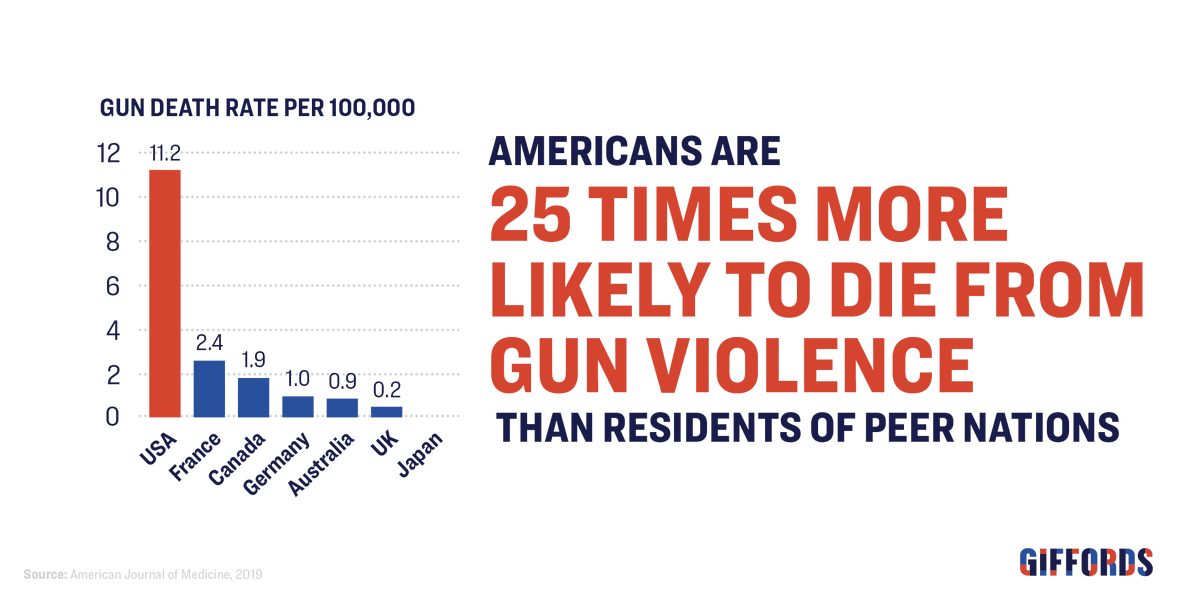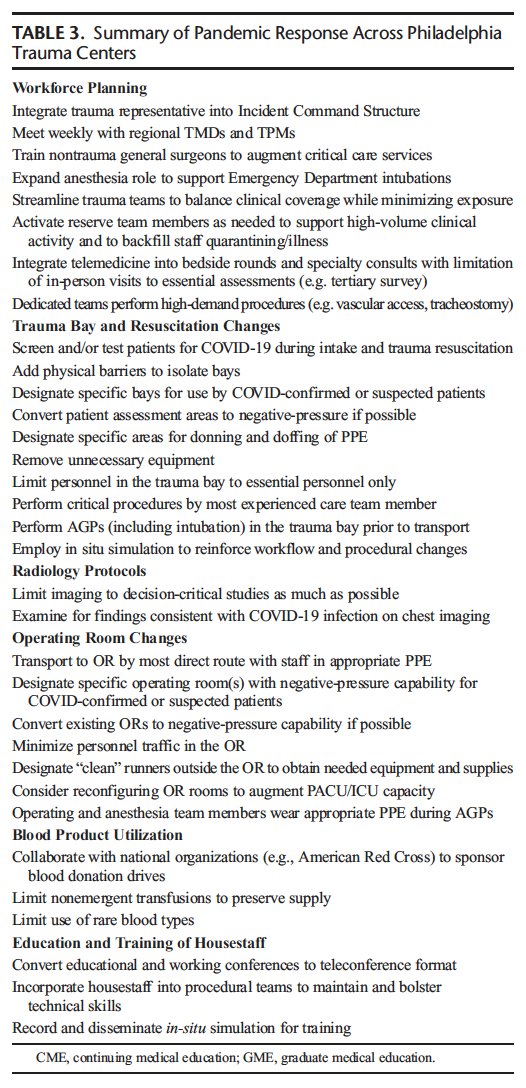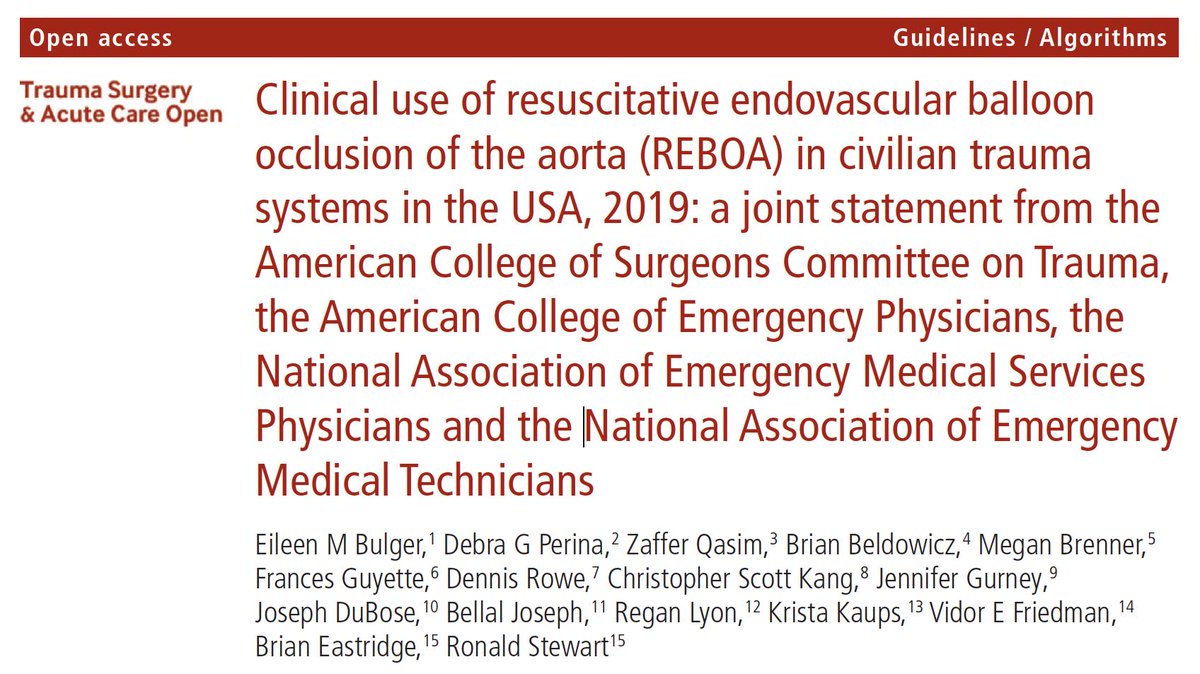How does a city's trauma system come together to both prepare for the expected surge of the #COVIDー19 #pandemic & manage the ongoing #epidemic of #gunviolence & other trauma?
Through a great collaborative effort, we published the #Philadelphia experience in @JTraumAcuteSurg

The full paper is published ahead of print here: journals.lww.com/jtrauma/Citati…
It represents the importance of #teamwork in ensuring a robust, rapid, coordinated effort to manage an evolving threat
Our publication timing coincides with a brutal #July4th weekend where #Philadelphia saw over 30 people shot including several children
But how did the #pandemic and #socialdistancing mandate affect trauma volume in our centers?

We found that, despite our overall #trauma volume being lower than usual, the number and proportion of #penetrating trauma actually increased in the first several weeks of the #pandemic.
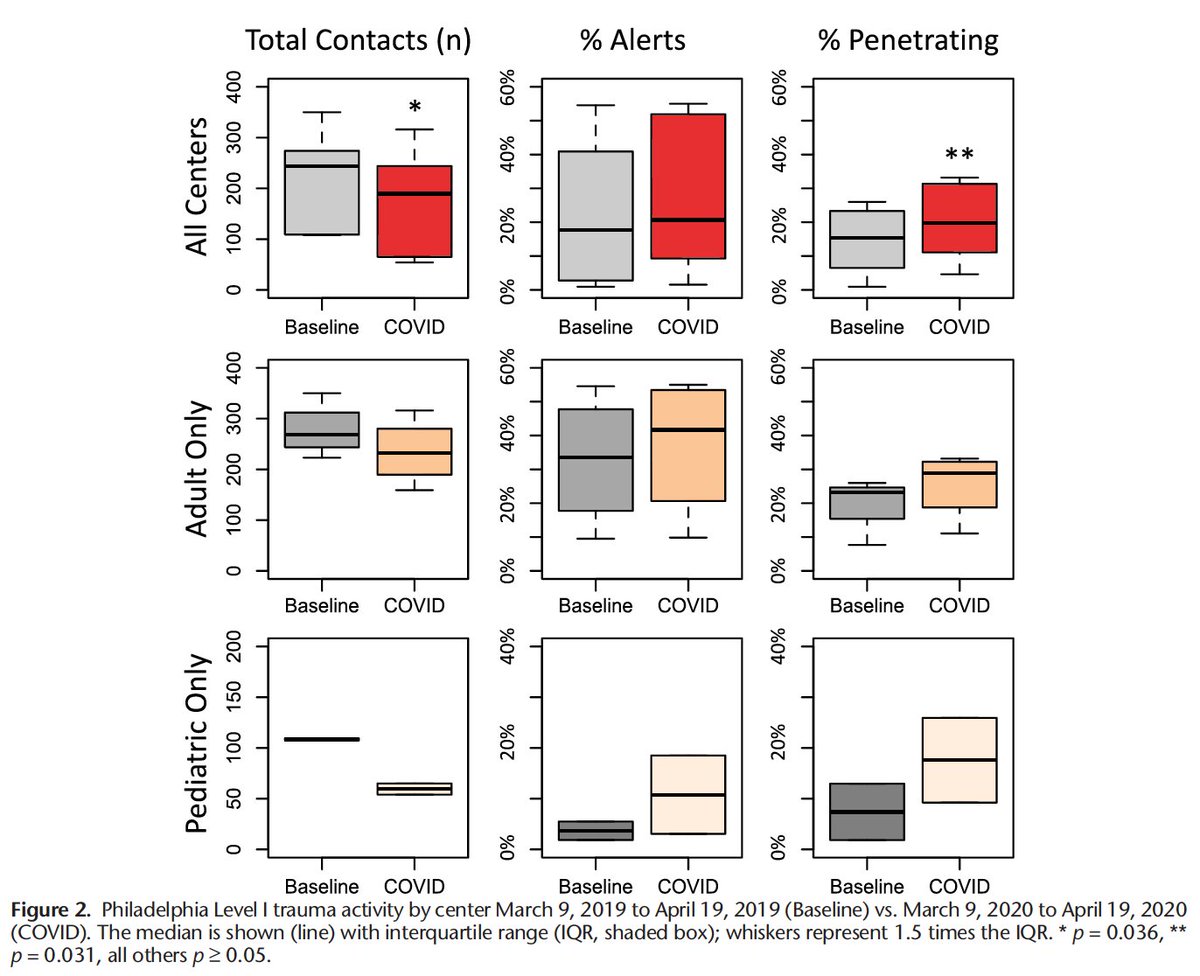
This trend was also seen in other cities including #Chicago, #Houston, #SanAntonio, and #Dallas
#gunviolence
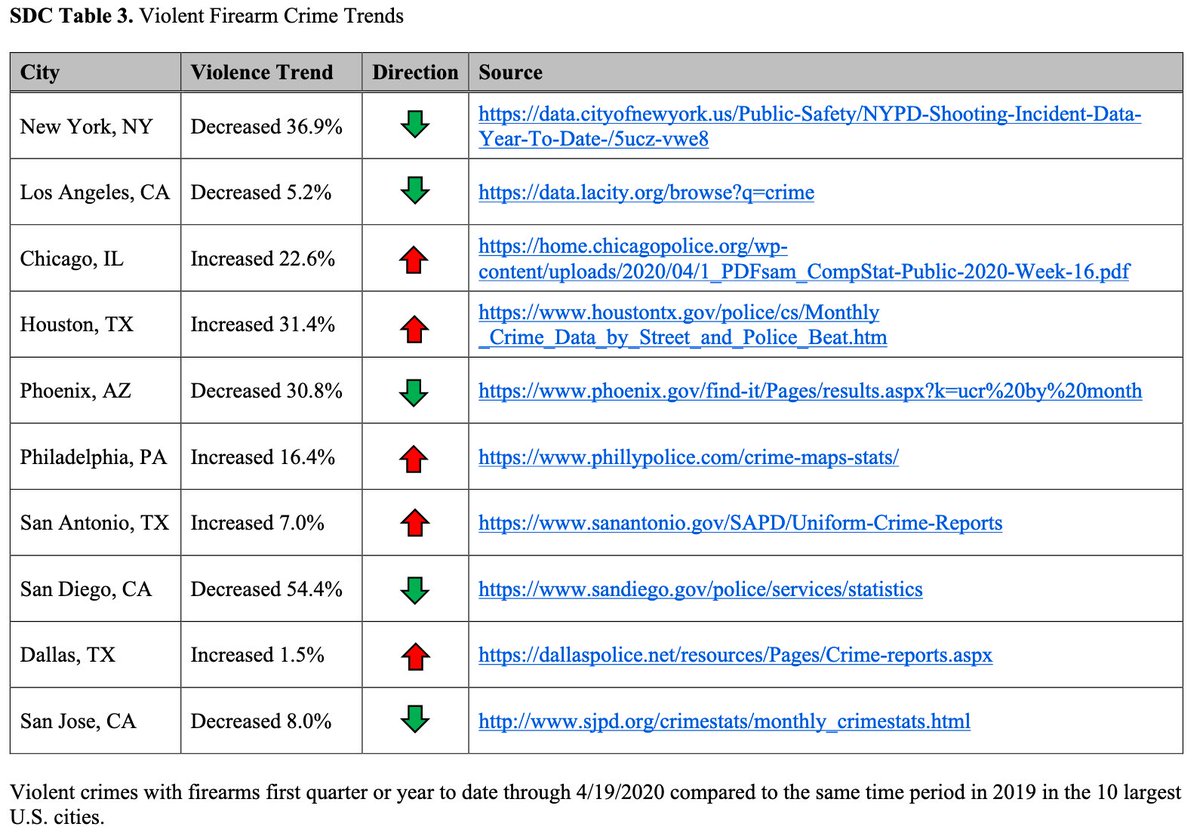
Through #geospatial mapping, we were able to find a significant relationship of shooting events occurring with a higher incidence in those #Philadelphia neighborhoods most affected by #COVID19 infection.

An association b/w #race and both #COVID19 incidence and severity has been documented.
The #geospatial relationship identified in our study suggests the social determinants of health contributing to high viral concentration likely also correlate with endemic violence.
Many of the highest-density ZIP codes represent #Philadelphia neighborhoods that have suffered from poor socioeconomic conditions, & these feed into two of the adult and one pediatric #trauma centers that most accounted for the increased proportion of penetrating trauma
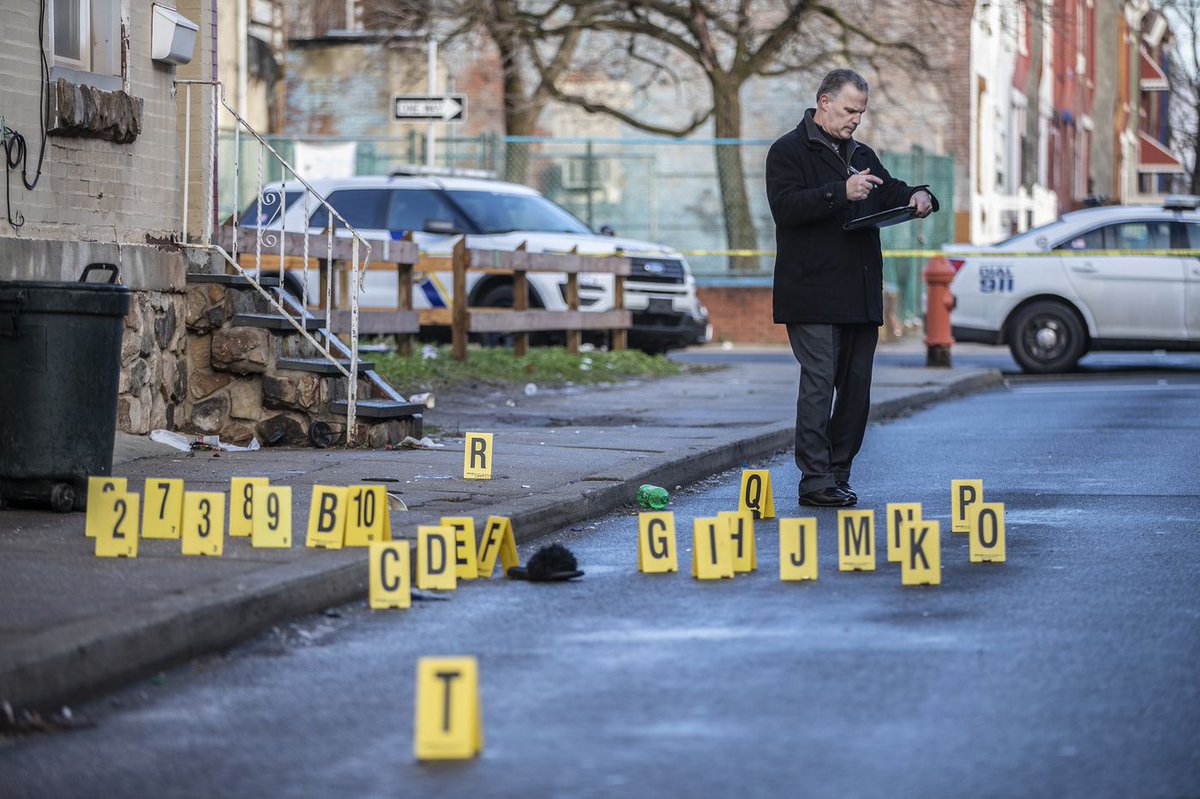
Combined w/ the surge of #COVID19 patients requiring #criticalcare, this worsening of the #trauma #epidemic posed a significant threat to our city's ability to maintain trauma readiness, especially during the early dynamic phase of the #pandemic
How did we approach this?
We individually adapted national guidance from @ACSTrauma (facs.org/media/press-re…) but also felt it critical to work together across our trauma system.
So we set up a citywide weekly teleconference of trauma directors/managers-forming a regional medical operations center
Some more specific benefits of our collaboration included augmenting adult center capacity through use of pediatric centers, modifications to trauma airway management & ventilator use, coordinating #PPE protocols across centers, and sharing of care #guidelines
We hope that by sharing our experience we may help
other centers & regions prepare for future simultaneous surges in both critically ill & injured patients.
I want to thank my co-authors & the wider team at all our #Philadelphia centers that made this response possible


